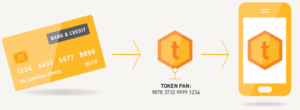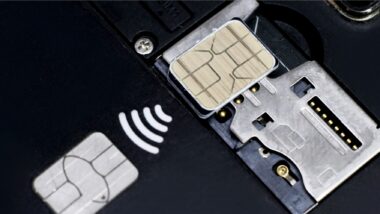Payment tokenization is quickly establishing itself as a secure and agile platform that guards against fraud, and integrates simply with existing payment infrastructure. It will be particularly useful for domestic payment schemes that want to remain competitive on the global stage.
Traditionally domestic players have partnered with MasterCard and Visa to manage international transactions, but this seems to be a model that is less and less in use. As the international players exert pressure on the domestic providers, it becomes more important that they innovate and differentiate their offer.
Recent research has shown that domestic payment schemes offer lower costs to participants than international schemes, and have the ability to offer products suited to local markets, while integrating with other domestic service providers. For customers, this means they should benefit from more targeted services at a cheaper price as merchant fees are lower.
Yet of all customer priorities, there is probably nothing that can trump the security of their personal details. This is where tokenization plays a large role in helping to prevent fraud. When the long card number is changed into a token, it can be limited for use with a specific merchant, a specific type of purchase, in a certain country and within a certain timeframe. So even if a token is intercepted, its re-use will be limited and customers will avoid having to go through the hassle of having their card reissued.
For domestic players who always prioritize attracting new customers, communicating these benefits can be very useful in building trust in their payment scheme. And as mobile continues to grow as a payment option, communicating effectively about tokenization will help reassure people their transactions are safe. We recently wrote about how mobile device makers are using tokenization to become part of the EMV mobile payment ecosystem.
For those domestic players that don’t embrace tokenization, there could be a threat to their business. Today, many domestic payment schemes are involved with the authorization process for local transactions. The large international players already have solutions which work in the U.S. and could work in other countries. If the domestic schemes don’t have a solution which could involve a local service partner, they might well be left behind.
Find out more about our Tokenization services for banks and payment service providers click on the image below:



